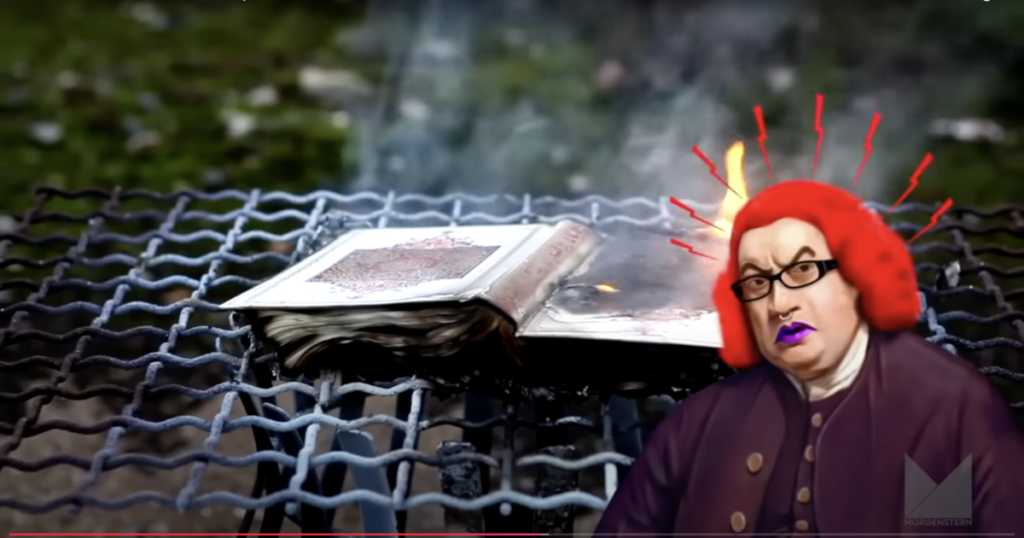Aron Pielka, a 28-year-old German YouTuber who goes by the name “Shlomo Finkelstein,” is currently imprisoned for burning a Koran and publicly criticizing mass immigration in Germany. His case has drawn significant attention due to its implications for free speech and the treatment of dissenting voices in a country where blasphemy laws and hate speech regulations are strictly enforced. Pielka, whose activities have included trolling far-right groups under his Jewish persona, was arrested in August and sentenced to a 12-month prison term for violating a previous suspended sentence. Initially, he received a three-year suspended sentence in 2020 for ten counts of hate speech and blasphemy, highlighting the growing tensions around freedom of expression and religious sensitivity in contemporary Germany.
The legal journey of Pielka illustrates the serious consequences of expressing controversial views in an era marked by increasing political correctness. Following the issuance of a €600 fine for his previous offenses, authorities were unable to locate him at his registered address, prompting them to surveil his associates, including fellow YouTubers. Reports indicate that the state employed rather invasive methods to track Pielka down, reminiscent of the tactics employed by the Stasi. This disparity raises questions about the prioritization of state resources, especially when compared to the handling of violent far-left groups like Antifa, which continue to operate in Germany.
Pielka was eventually apprehended by a significant police presence, reportedly involving dozens of SWAT officers. After his arrest, he promptly settled the €600 fine and attempted to regularize his status by registering at his new address. However, the Cologne Prosecutor, Sinan Sengöz, vehemently opposed any appeals for a restored suspended sentence, reflecting a possible bias tied to Pielka’s controversial actions. His situation reflects broader concerns about the role of the judiciary in curbing free expression and the challenges faced by individuals who critique the status quo in a polarized society.
The conditions of Pielka’s imprisonment raise grave concerns about safety, particularly within the prison’s demographic of around 30% Muslim inmates. Authorities have decided to keep his identity concealed to protect him, highlighting the potential for violence against individuals who engage in acts deemed provocative, such as the act of burning religious texts. This aspect of his case underscores the tension that exists in diverse societies regarding the balance between freedom of speech and respect for religious beliefs, pointing to a significant rift in societal attitudes toward dissent and tolerance.
In contrast to Pielka’s situation, leniency appears to be applied to those guilty of far more serious criminal behavior, such as sexual violence. Reports indicate that rapists in Germany have been incentivized to return to their home countries, while individuals who have committed violent crimes receive relatively light sentences or financial compensation. This juxtaposition raises critical questions regarding justice and the perceived value of different lives and actions within the judicial system. Criticism of such outcomes, including that from a young woman who faced imprisonment for her comments on gang rapists receiving mere fines, further illustrates the contentious atmosphere surrounding rights, responsibilities, and the legal system.
As public discourse around these issues intensifies, figures like Naomi Seibt respond to media portrayals that defend certain offenders while targeting critics. This scenario reveals an ongoing struggle for individuals who seek to express contrary opinions in a landscape filled with scrutiny and backlash. The reactions to both Pielka’s case and the media’s handling of criminal justice issues depict a society grappling with complex ideological battles over freedom of expression, accountability, and the intersectionality of justice. As the conversation unfolds, it remains to be seen how these tensions will shape the future of social and legal norms in Germany and beyond.

